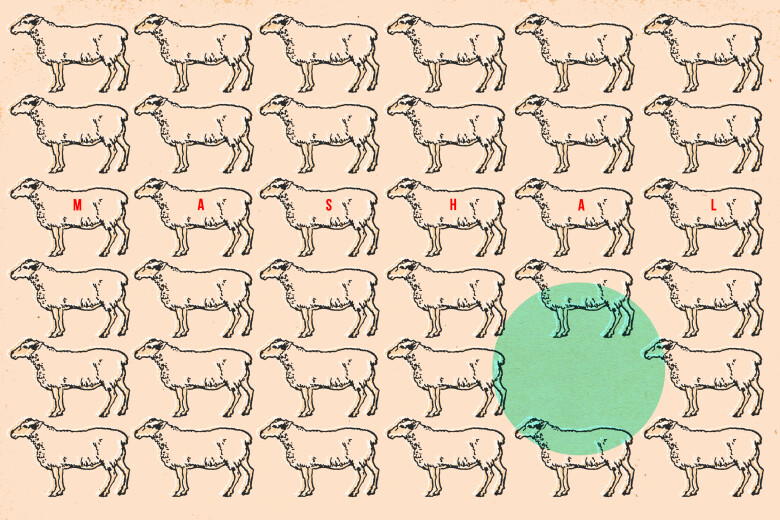Series: MASHAL
Loving Your Neighbor: Part 2
August 25, 2013 | Rob Touchstone
Passage: Luke 16:19-31
Monday Devotional
August 26, 2013
Turning Sixes Into Sevens
by Rob Touchstone
In Luke’s gospel, the parable of the rich man and Lazarus (Luke 16) is addressed directly to Jesus’ disciples. He had just told them, “You cannot serve both God and money” (Luke 16:13). It was intended to shock those followers as well as disciples who read it today. It is a story about the inclusive kingdom of God where all should be invited but not all offer the invitation. It reminds us of a tragic question on the lips of Cain we inherited in the fall about our role in caring for others. Are we supposed to be "our brother’s keeper?" The answer was "yes" then and it continues to be a resounding "YES" today.
While the numerology in this parable may not be definitive, I believe Jesus specifically chose “five” as the number of brothers told about from the mouth of the rich man. If so, this the equation we have: 5 brothers + the rich man = 6. There is little doubt that six was recognized in Judaism as a number of evil. Jesus is showing that these six men embody evil. What was their crime? Jesus does not tell us of specific laws they have broken, although he strongly hints that they failed to observe the Sabbath by “living in luxury every day” (Luke 16:19). But the “crime” that seems to land the rich man in hell is the crime of what scholar Kenneth Bailey calls, “compassion fatigue.” (Jesus Through Middle Eastern Eyes)
I don’t know about you but I’d rather just stop right now and move on to another parable than deal with this one. This one makes me far too uncomfortable. But the reality is, I can’t. We can’t. Here’s why: for those of us who make more than $25,000/year, we are among the top 10%of the world’s most wealthy. If we make more than $50,000/year then we move into the top 1%. Being ranked in either of these categories doesn’t make you the guilty rich man in the parable but it certainly does challenge us to consider what we do with the Lazarus’ in our path. We are reminded that mission begins on our doorstep. And we are reminded that we are blessed in order to be a blessing to others. This is especially true given the fact that this parable comes on the heels of Jesus saying, “So if you have not been trustworthy in handling worldly wealth, who will trust you with true riches?” (Luke16:11).
The reason Jesus suggests the rich man in the parable is guilty is he failed to care for poor Lazarus. He failed to practice justice, compassion, and mercy. He failed to invite him to the table. He failed. Period. And the consequences were devastating.
What if, on any one of those “luxurious” days, the rich man had stooped down at his gate and allowed his eyes to meet the eyes of poor, forsaken Lazarus? The irony here is that maybe Lazarus could have saved him. Salvation is not just “going to heaven when we die” it is about participating in a piece of heaven on earth. I believe Jesus is suggesting here that the implications of such an invitation are truly life-saving. But not just for Lazarus. The rich man could have helped “save” Lazarus from hunger and from shame. Lazarus could have helped save the rich man from...himself. Salvation from a meaningless and empty life focused on self. Perhaps we can all relate.
So what would have happened if the rich man and his brothers’ FULL table had not always been so FULL (yet another irony) that there was not room for one more? You do the math. 1 rich man + his 5 brothers + 1 Lazarus. Seven. The number of completeness. I would suggest the same is true for us today. We cannot separate discipleship and mission. Because our mission in life isn’t just serving others for their sake but also for our own.
We must ask ourselves, “Who is our ‘Lazarus?’” We must identify the “sixes” in our lives, those vices that keep us from experiencing the kingdom of God. So don't just pull up an extra chair, go out with a mission. Invite Lazarus to the table. Often times you'll even need to take the table outside and offer it right there. In doing so, you may rescue both "Lazarus"…and yourself. After all, we don't serve the impoverished, oppressed, and hurting simply because they need us. We also need them. Because it is there we may meet Jesus, with bread in hand, more fully than ever before.
In Him,
Rob
Series Information

